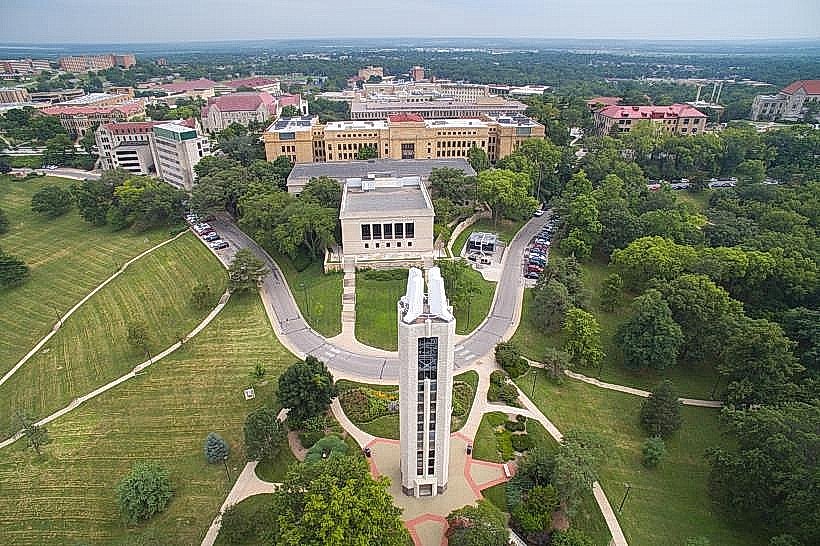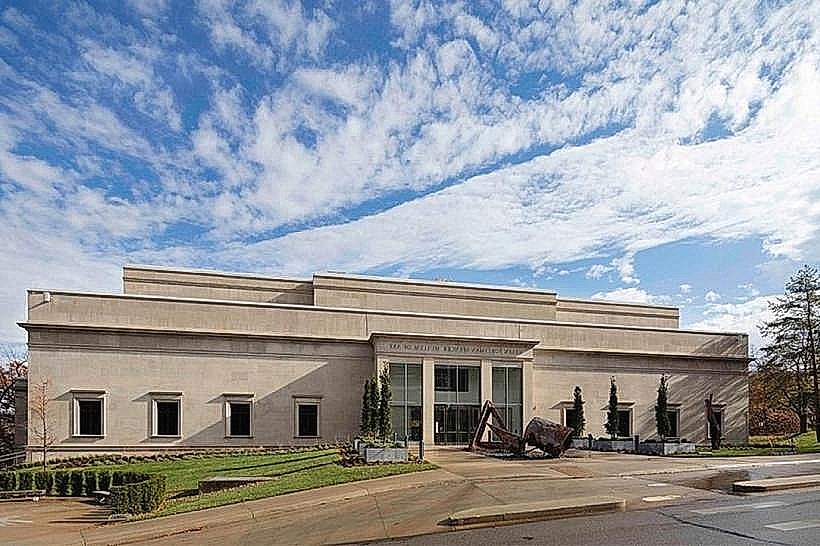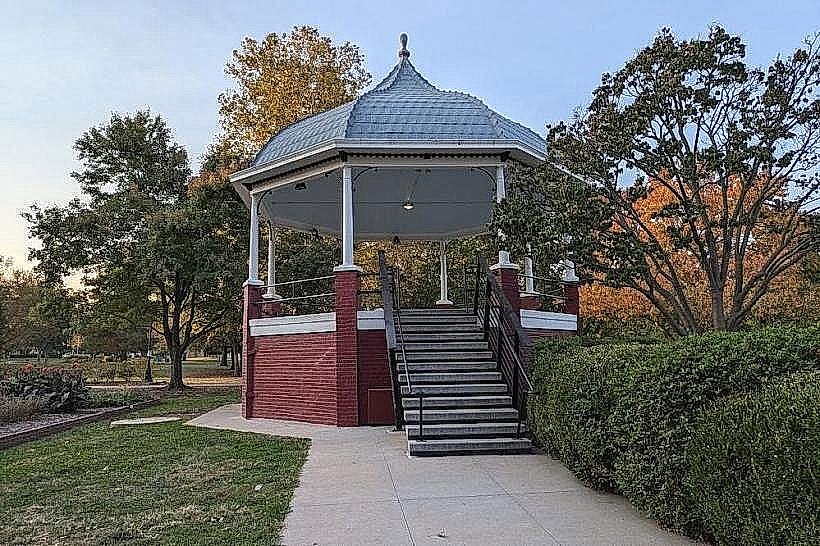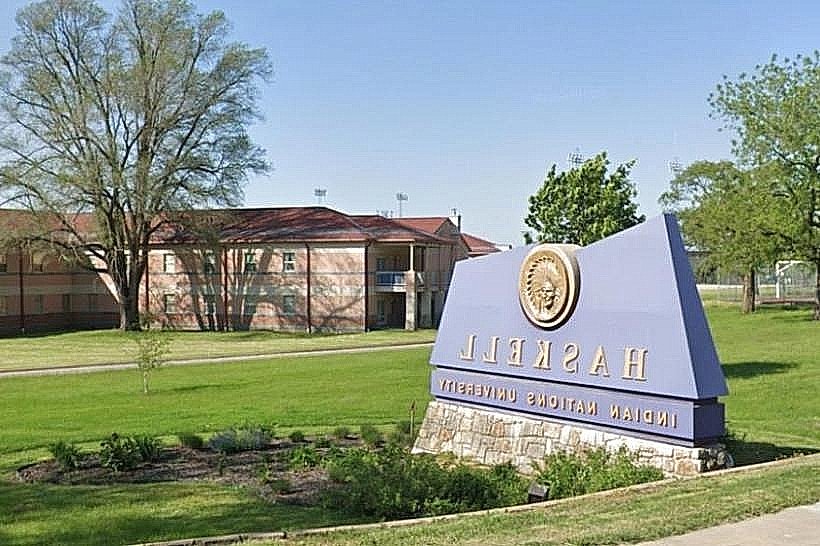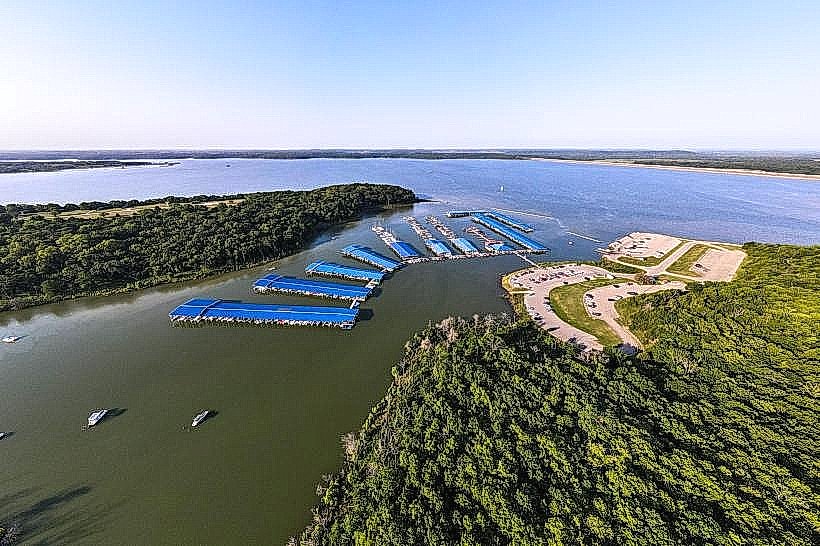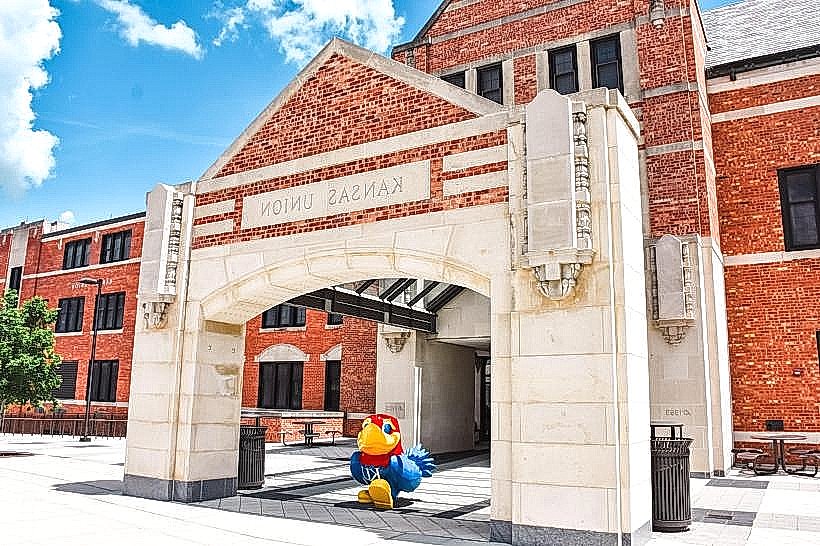Information
Landmark: KU Natural History MuseumCity: Lawrence
Country: USA Kansas
Continent: North America
KU Natural History Museum, Lawrence, USA Kansas, North America
The Anaconda Range is a mountain range located in southwestern Montana, USA, near the city of Anaconda.
Visual Characteristics
The Anaconda Range is characterized by its rugged, glaciated peaks, with elevations reaching over 9,000 feet. The slopes are covered in dense coniferous forests, primarily Douglas fir and lodgepole pine, transitioning to alpine meadows and exposed rock at higher altitudes. Several alpine lakes are present within the range, often with clear, cold water.
Location & Access Logistics
The range is situated approximately 10 miles north of Anaconda, Montana. Access is primarily via Forest Service roads branching off Montana Highway 1. The main access point is the Pintler Scenic Route (part of Montana Highway 1) which skirts the eastern edge of the range. Several unpaved Forest Service roads provide further access into the interior, suitable for high-clearance vehicles. Parking is available at designated trailheads and pull-offs along these roads. No public transport services the immediate area of the range.
Historical & Ecological Origin
The Anaconda Range is a subrange of the Rocky Mountains, formed by Laramide orogeny uplift and subsequently shaped by Pleistocene glaciation. The geological composition includes Precambrian sedimentary and metamorphic rocks. Ecologically, it represents a transition zone between montane and alpine ecosystems, supporting diverse flora and fauna adapted to high-altitude conditions.
Key Highlights & Activities
Hiking is a primary activity, with trails such as the Continental Divide Trail traversing parts of the range. Fishing is possible in alpine lakes and streams. Rock climbing opportunities exist on some of the steeper faces. Wildlife viewing, including elk and bighorn sheep, is common.
Infrastructure & Amenities
Limited infrastructure exists within the Anaconda Range. Designated campgrounds are present in surrounding national forest areas. Restrooms are typically found at major trailheads. Cell phone signal is generally absent within the range itself. Food vendors are not present within the range; provisions should be made in Anaconda or nearby towns.
Best Time to Visit
The best months for visiting are July through September, when snow has receded from most trails and weather conditions are most favorable. Mid-day offers the most direct sunlight for photography, though early morning and late evening provide softer light. High tide is not a relevant factor for this mountain range.
Facts & Legends
The Anaconda Range is part of the Beaverhead-Deerlodge National Forest. A notable geological feature is the presence of several cirque lakes, remnants of glacial activity. Local folklore sometimes refers to the area as being home to elusive mountain spirits, though no verifiable evidence supports these claims.
Nearby Landmarks
- Old Works Golf Course (5km South)
- Anaconda Historic District (6km South)
- Georgetown Lake (15km Northeast)
- Discovery Ski Area (20km North)

